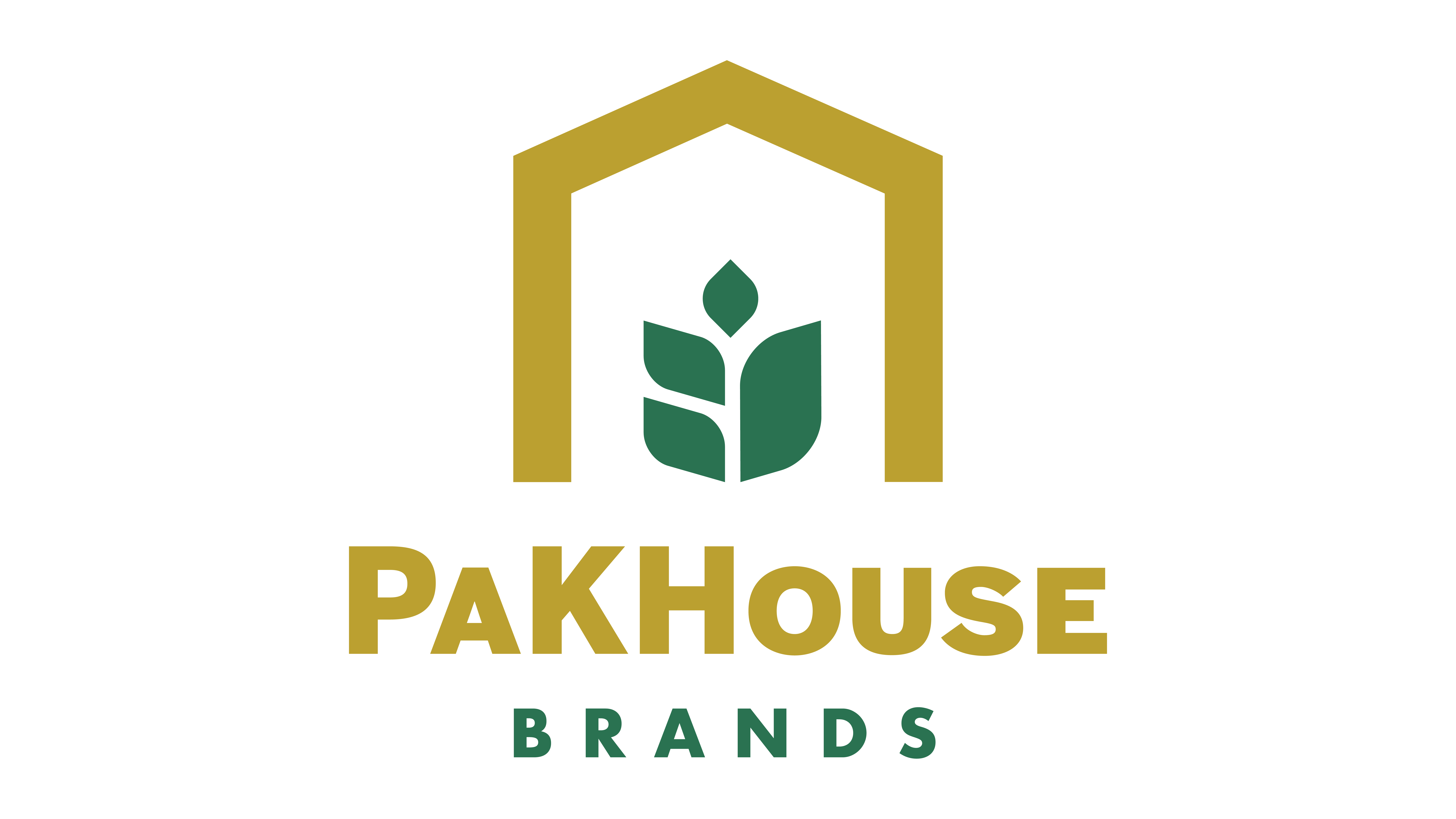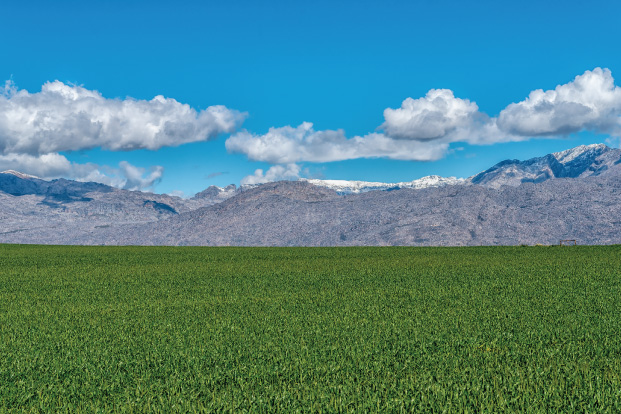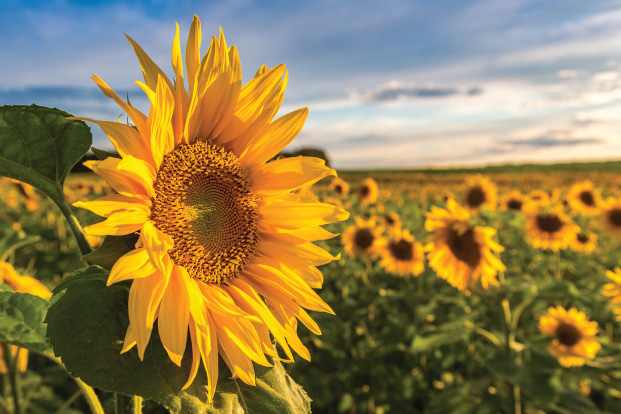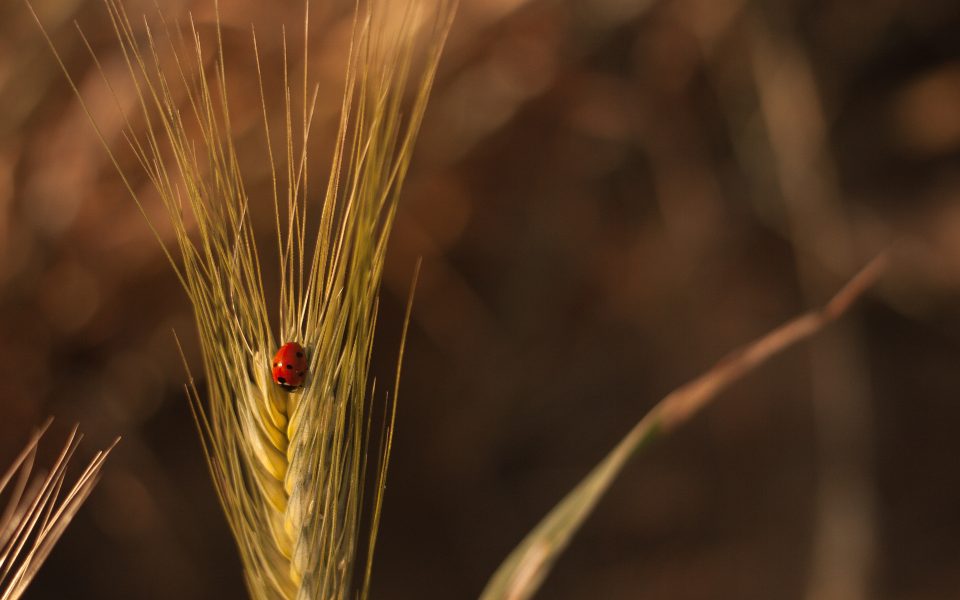Google honours South African teen for experiment using orange peels

Duty restructure on the cards for wheat, maize and sugar
July 28, 2016Stronger rand bodes well for rates and importers
August 10, 2016Kiara Nirghin‚ from St Martin’s High School in Johannesburg‚ decided to tackle the drought affecting Southern Africa and has come up with a revolutionary way of keeping crops hydrated for longer‚ at a much lower cost. Using orange peels and avocado skins‚ the teen has managed to create a material‚ that can hold hundreds of times its weight in water‚ in the soil. This super absorbent polymer then acts as a water reservoir in the earth.
By saving water this way‚ her idea – which she titled ‘No More Thirsty Crops’ – could have a massive impact on how the continent manages the effects of climate change in years to come. And‚ because it’s made from orange and avocado skins‚ it won’t break the budget of local farmers‚ like so many other water storage devices currently do. Kiara has had an interest in science from a young age‚ “I vividly remember at the age of 7 experimenting with vinegar and baking soda solutions in plastic cups. My natural curiosity and questioning nature has sparked my everlasting love of science‚” she said in her submission.
She said she was delighted that her experiment used no chemicals and was made entirely out of waste products‚ “which has the ability to store water in soil and combat the effects of drought on plants” – increasing food security. The Google Science Fair invites the brightest young minds from around the world to answer one important question: how can they make the world better through science‚ math‚ and engineering.
Google received thousands of entries from 107 countries. Some of the other ideas from Sub-Saharan Africa included a new take on solar and steam energy with a “periscope-derived” energy device in Kenya‚ and portable energy solutions to modernize rural communities in Cameroon. Kiara finds out on August 11 if she’s made it to the Global final 16.
Source: Times Live



